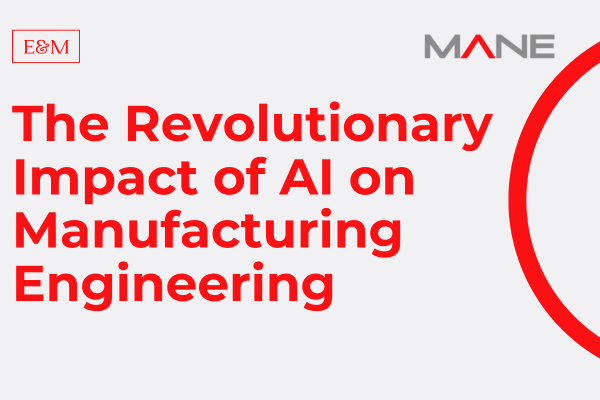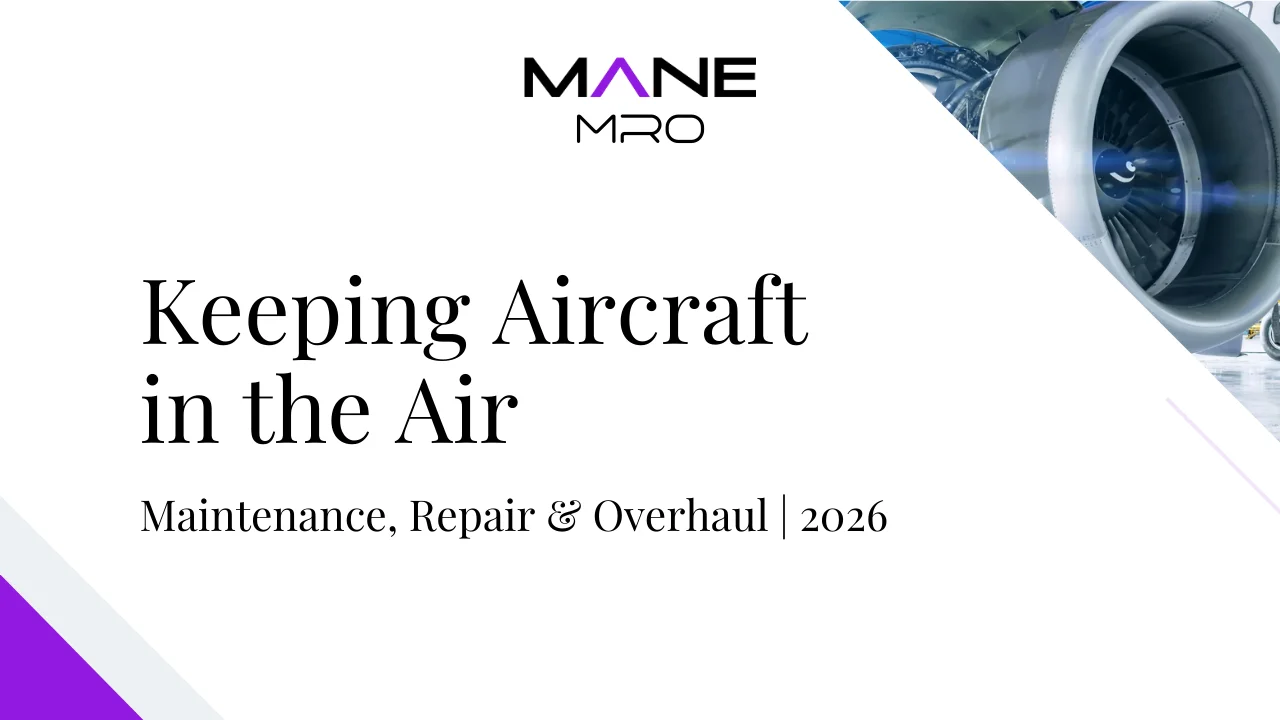
The Revolutionary Impact of AI on Manufacturing Engineering
23 Oct, 20242minsThe Revolutionary Impact of AI on Manufacturing EngineeringIn recent years, the manufacturin...

The Revolutionary Impact of AI on Manufacturing Engineering
In recent years, the manufacturing sector has witnessed a remarkable transformation, largely driven by the integration of Artificial Intelligence (AI). As we venture further into the realm of Industry 4.0, AI is proving to be more than just a buzzword; it's becoming the backbone of modern manufacturing processes. Let's explore five key innovations that AI is bringing to manufacturing engineering.
1. Collaborative Manufacturing: The Dawn of a New Era
Gone are the days when robots were confined to repetitive, isolated tasks. Today, we're seeing the rise of collaborative manufacturing, where AI, advanced robotics, IoT, and additive manufacturing work in harmony. This synergy is ushering in the fourth industrial revolution, allowing companies to streamline inventory, boost revenue, and slash operating costs. By adopting AI and machine learning, manufacturers are experiencing reduced equipment downtime, improved production quality, and shortened design cycles.
2. Microscopic Defect Detection: Beyond Human Capability
Imagine being able to spot a flaw half the diameter of a human hair. That's precisely what AI-powered systems like Landing.ai are achieving. These sophisticated machines use advanced algorithms and high-resolution cameras to detect minuscule defects that would escape the human eye. This level of precision ensures unparalleled quality control, alerting operators to issues in real-time through a process known as automated issue identification.
3. Generative Design: Reimagining the Design Process
AI is revolutionising the very way we approach design in manufacturing. Through generative design, engineers input their objectives, including material parameters, manufacturing processes, and cost constraints, into AI-powered software. The system then explores all possible permutations, rapidly generating design alternatives. Using machine learning, it analyses each iteration to determine the optimal design solution, significantly speeding up the design process and often producing innovative solutions that humans might not have conceived.
4. Predictive Maintenance: A Leap Beyond Prevention
Maintenance has always been a crucial aspect of manufacturing, but AI takes it to a new level with predictive maintenance. Unlike traditional preventive maintenance, this approach eliminates guesswork. Machines are now programmed to constantly monitor and report their status in real-time. By embedding digital twins, sensors, and advanced analytical tools into manufacturing systems, companies can predict and address potential issues before they occur. This not only saves time and reduces labour costs but also ensures optimal manufacturing performance.
5. Smart Supply Chain Management: AI-Driven Efficiency
AI is revolutionising supply chain management in manufacturing, creating what we now call 'smart supply chains'. These AI-powered systems can analyse vast amounts of data from various sources - including supplier information, market trends, weather patterns, and geopolitical events - to optimise the entire supply chain process.
By leveraging machine learning algorithms, manufacturers can now predict demand with unprecedented accuracy, allowing for just-in-time inventory management. This reduces warehousing costs and minimises waste, particularly crucial for industries dealing with perishable goods or materials with a limited shelf life.
Moreover, AI can identify potential disruptions in the supply chain before they occur. For instance, if a key supplier is likely to face delays due to adverse weather conditions, the system can automatically suggest alternative suppliers or adjust production schedules to mitigate the impact.
AI-driven supply chain management also enhances traceability. In industries where provenance is crucial - such as pharmaceuticals or high-end electronics - AI can track components from source to final product, ensuring quality and compliance throughout the manufacturing process.
The Future of Manufacturing
As we look to the future, it's clear that AI will play an increasingly pivotal role in manufacturing engineering. While there are concerns about potential job displacement, the reality is that AI is creating new opportunities for innovation and efficiency. The workforce of tomorrow will need to focus on developing skills that complement these new technologies, contributing to the ongoing advancement of the manufacturing sector.
In conclusion, AI is not just changing manufacturing; it's revolutionising it. From microscopic quality control to predictive maintenance and smart supply chain management, these AI-driven innovations are making manufacturing processes more effective, efficient, and responsive to market demands. As we continue to embrace these technologies, we can look forward to a future of smarter, more sustainable, and more innovative manufacturing practices.


